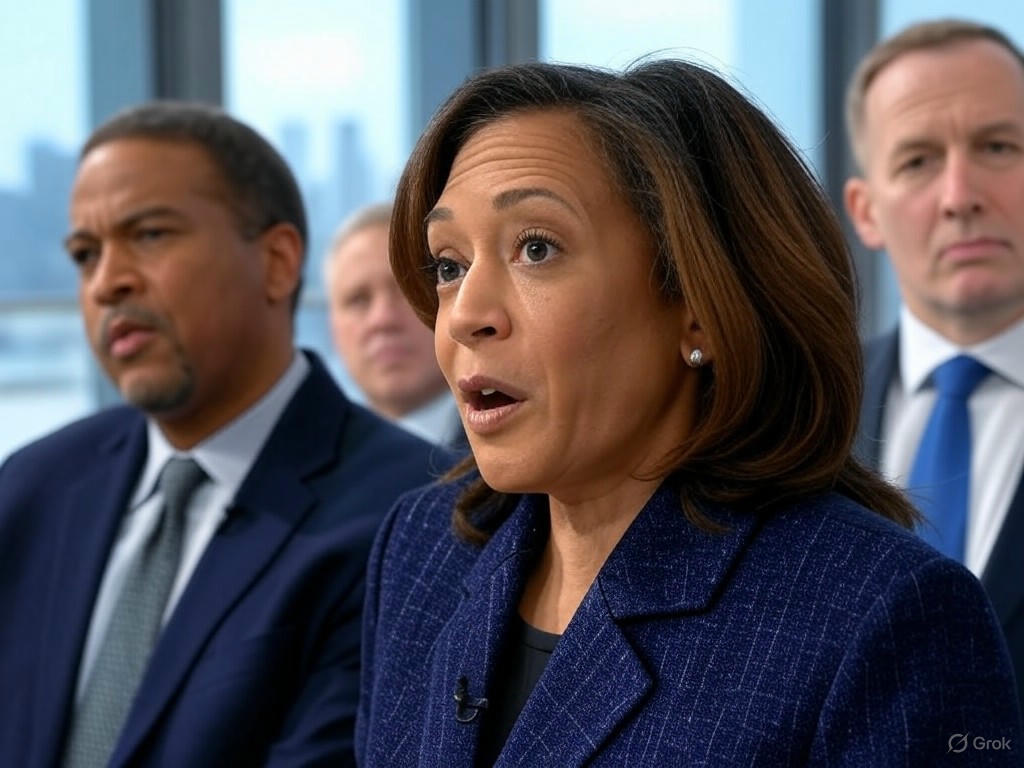NYC Mayoral Race Heats Up in First Democratic Debate Showdown
The race for New York City’s next mayor took center stage as nine Democratic candidates faced off in a highly anticipated first primary debate. With the city grappling with issues like economic recovery, public safety, and housing affordability, the event offered voters a critical glimpse into the visions and policies of those vying to lead the metropolis through challenging times. Broadcast live to a city eager for change, the debate was a battle of ideas, charisma, and grit, as each contender sought to stand out in a crowded field.
From the opening statements, it was clear that the stakes were high. Candidates wasted no time diving into the pressing concerns of New Yorkers, with topics ranging from revitalizing small businesses to addressing systemic inequalities in education and policing. Some leaned on their experience in local government, touting past achievements as proof of their readiness to tackle the city’s complex problems. Others positioned themselves as fresh faces, untainted by political baggage, promising innovative approaches to longstanding issues. The diversity of perspectives on stage mirrored the city itself, with each candidate bringing a unique lens to the challenges ahead.
As the debate unfolded, sharp exchanges revealed deep divides on key issues. Public safety emerged as a lightning rod, with some candidates advocating for increased funding for law enforcement to curb rising crime rates, while others called for reallocating resources toward community-based initiatives and mental health programs. Housing, another hot-button topic, sparked passionate arguments about how to balance development with affordability. One candidate proposed aggressive zoning reforms to create more low-income housing, while another criticized such plans as unrealistic, citing potential backlash from neighborhoods. These clashes gave viewers a raw look at the ideological spectrum within the Democratic field, even as candidates occasionally found common ground on the need for bold action.
Beyond policy, the debate was also a test of personality and presence. Some candidates excelled at delivering memorable soundbites, connecting emotionally with the audience through personal stories of growing up in the city’s diverse boroughs. Others struggled to break through the noise, often overshadowed by more polished or outspoken rivals. With nine voices competing for attention, the night was as much about commanding the spotlight as it was about articulating a clear platform. For many undecided voters tuning in, the debate likely served as a deciding factor in narrowing down their choices.
As the primary election draws closer, this initial showdown has set the tone for a fiercely competitive race. The candidates now face the daunting task of building momentum, refining their messages, and connecting with New Yorkers on a deeper level. While only one will ultimately claim the Democratic nomination, the ideas and energy from this debate will undoubtedly shape the city’s political discourse for months to come. For a city at a crossroads, the path forward begins with debates like these—where the future of New York is not just discussed, but fiercely contested.


